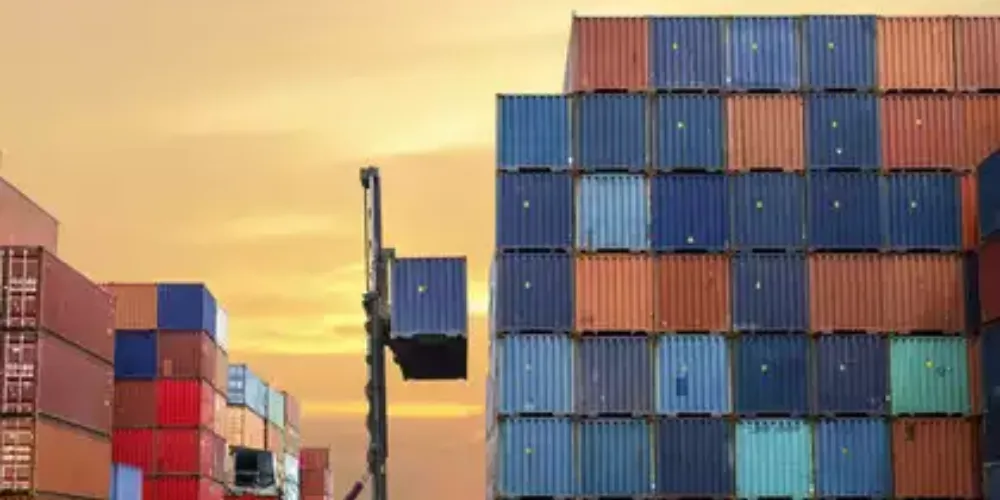India Pushes Back Against EU’s Trade Restrictions
India has taken a firm stance against the European Union’s trade restrictive measures, with the government assuring Parliament that it is actively addressing the issue. As global trade dynamics shift, Indian exporters are facing new regulatory hurdles imposed by the EU, impacting sectors such as textiles, pharmaceuticals, and agricultural products. These measures have raised concerns about fair market access and potential disruptions to India-EU trade relations.
The government has made it clear that it is engaging in diplomatic negotiations to resolve these trade barriers. Officials are advocating for fair policies that protect Indian businesses while ensuring compliance with international trade norms.
Key Trade Barriers Affecting Indian Industries
One of the major concerns raised by Indian exporters is the EU’s evolving regulatory framework, particularly in sustainability, carbon emissions, and quality standards. The Carbon Border Adjustment Mechanism (CBAM), for instance, imposes tariffs on carbon-intensive imports, affecting India’s steel and aluminum industries. Similarly, stricter pesticide and food safety regulations have made it challenging for Indian agricultural exports to maintain their competitive edge.
Additionally, changes in pharmaceutical approval processes and labeling requirements for textiles have added to compliance costs, making Indian products less competitive in European markets. The government has been vocal about ensuring that such measures do not unfairly disadvantage Indian businesses.

India’s Diplomatic and Trade Negotiation Efforts
To counter these challenges, India has intensified trade negotiations with the EU, seeking exemptions or modifications to certain policies. The Free Trade Agreement (FTA) discussions between India and the EU are being leveraged to address these concerns, ensuring that Indian exporters are not subjected to unfair restrictions.
Indian representatives are also engaging with EU policymakers to highlight the impact of these measures on small and medium enterprises (SMEs), which form the backbone of India’s export economy. The government is working on securing preferential treatment for key sectors, ensuring minimal disruption to trade.
The Road Ahead for India-EU Trade Relations
Despite the current trade tensions, India and the EU remain significant trade partners. With the ongoing FTA discussions and India’s strong diplomatic push, there is optimism that both sides will reach a mutually beneficial agreement.
The government’s proactive approach in Parliament highlights its commitment to protecting Indian businesses and ensuring a level playing field in international trade. While challenges persist, India’s assertive stance signals its readiness to defend its economic interests on the global stage.



